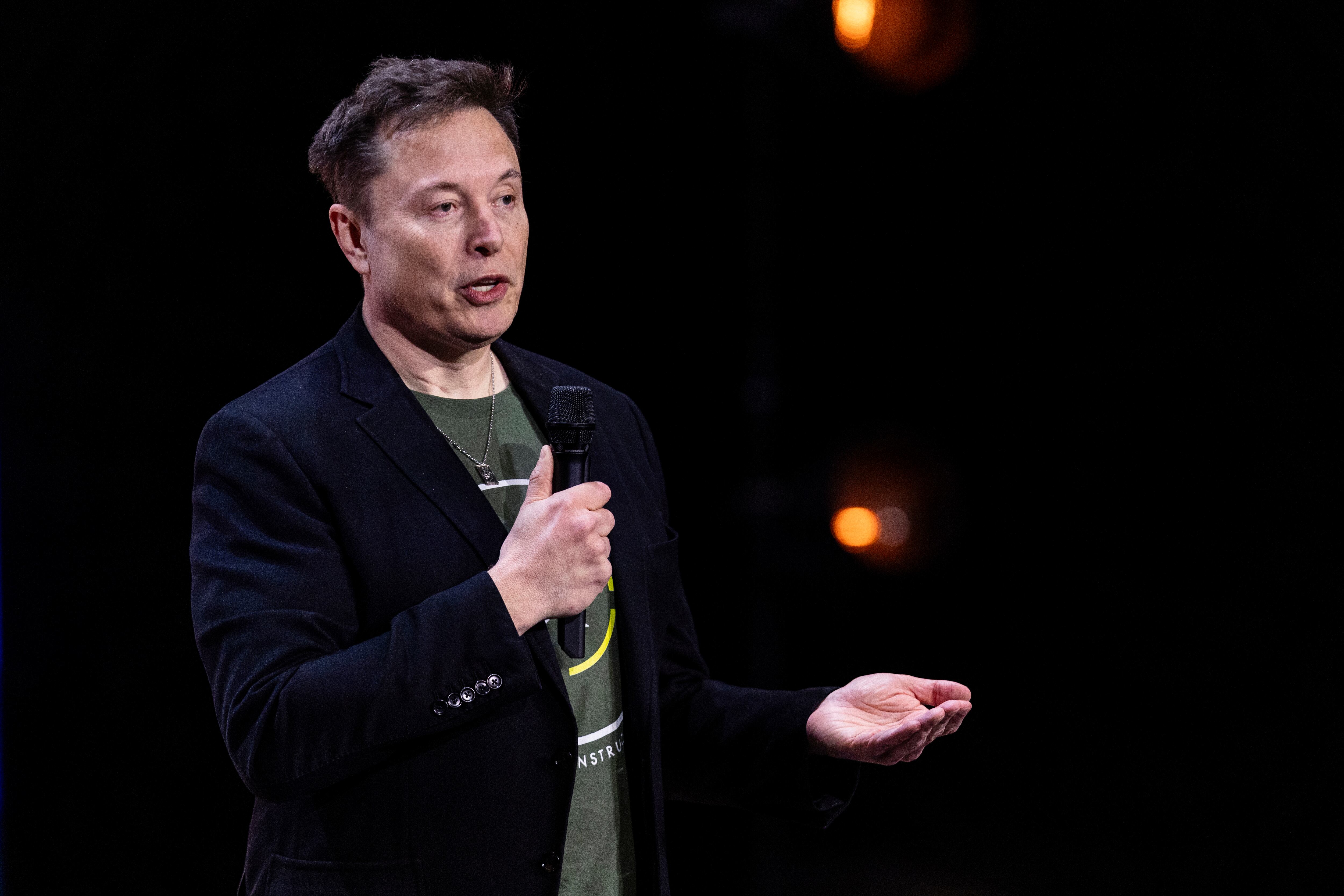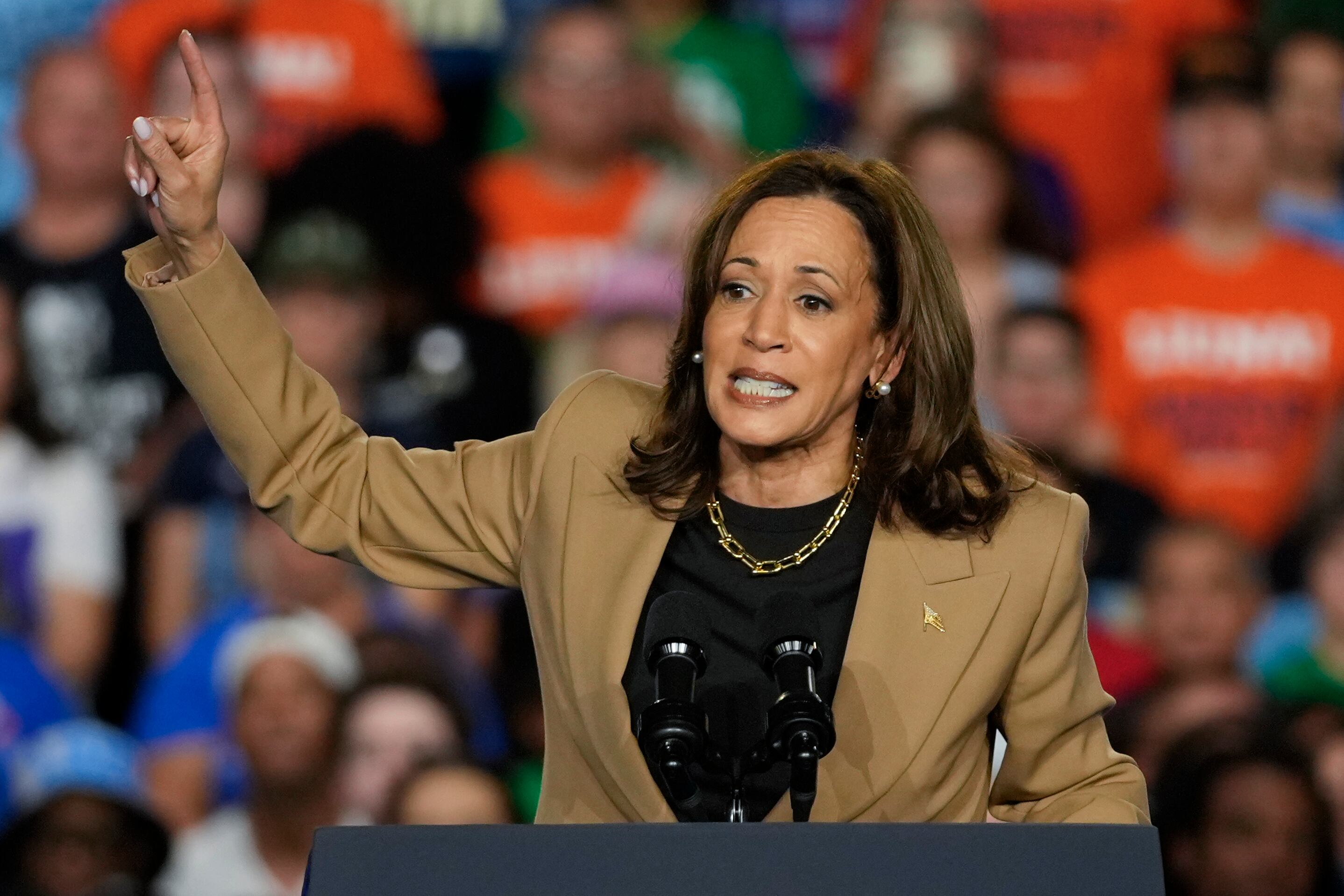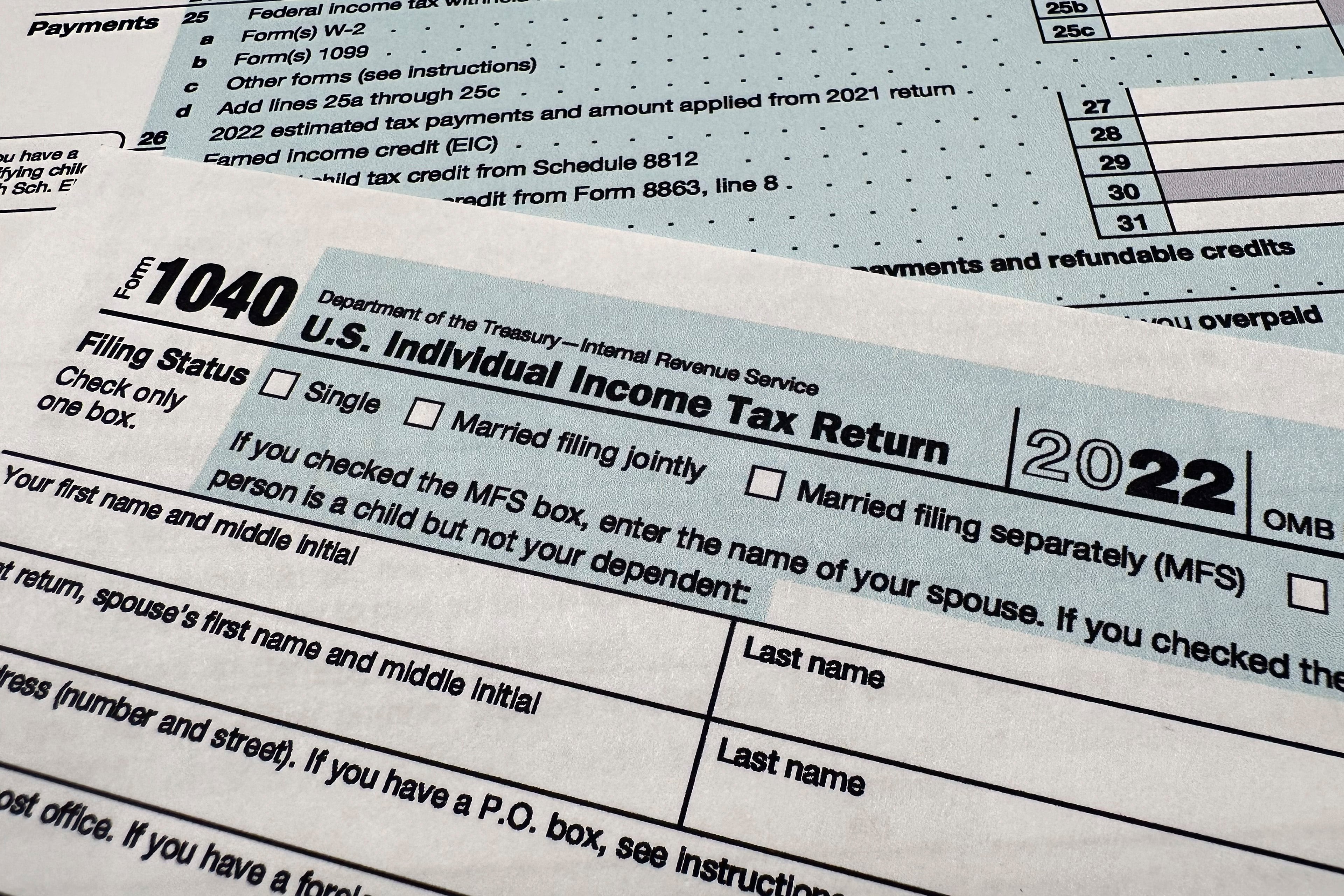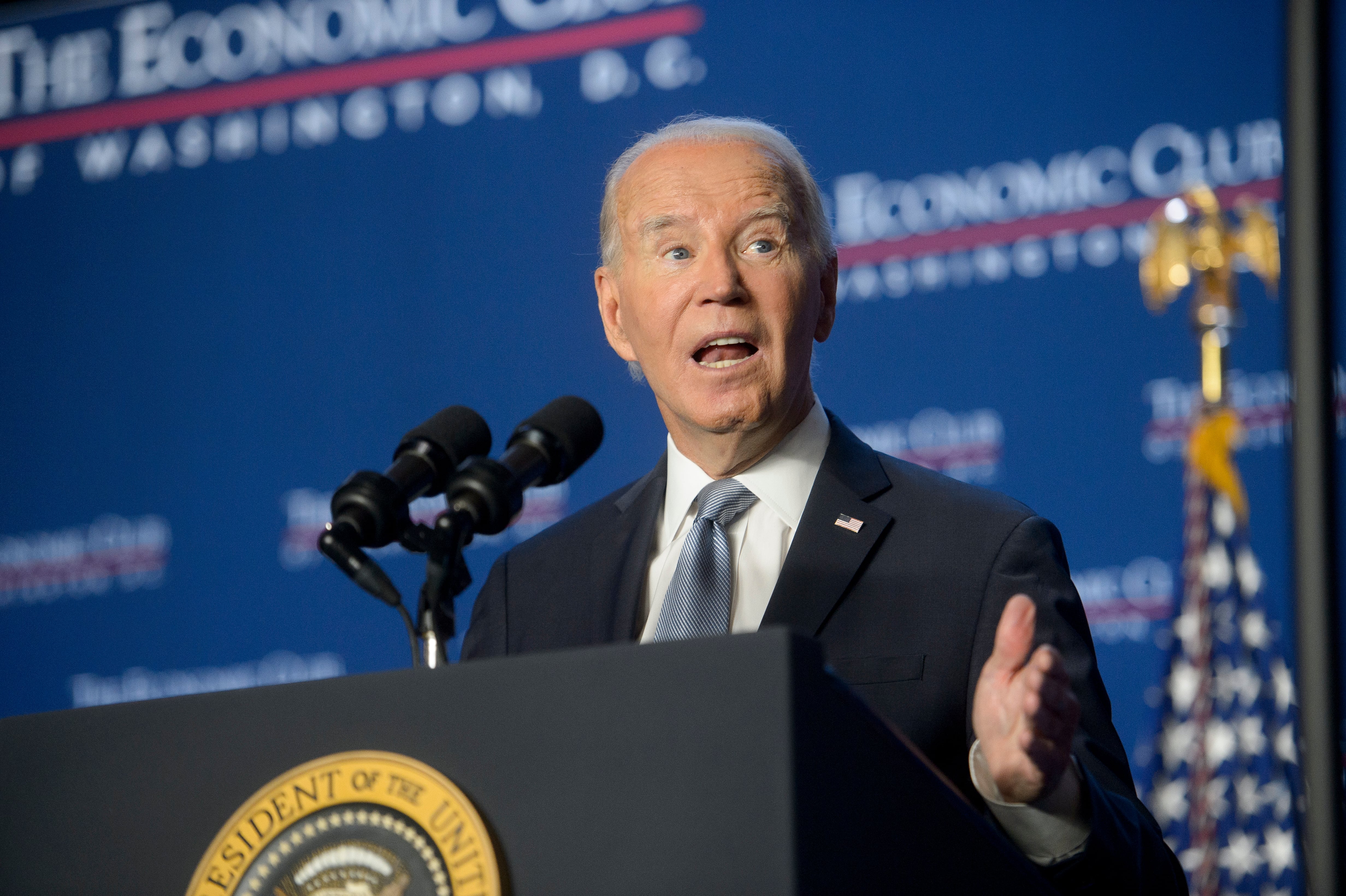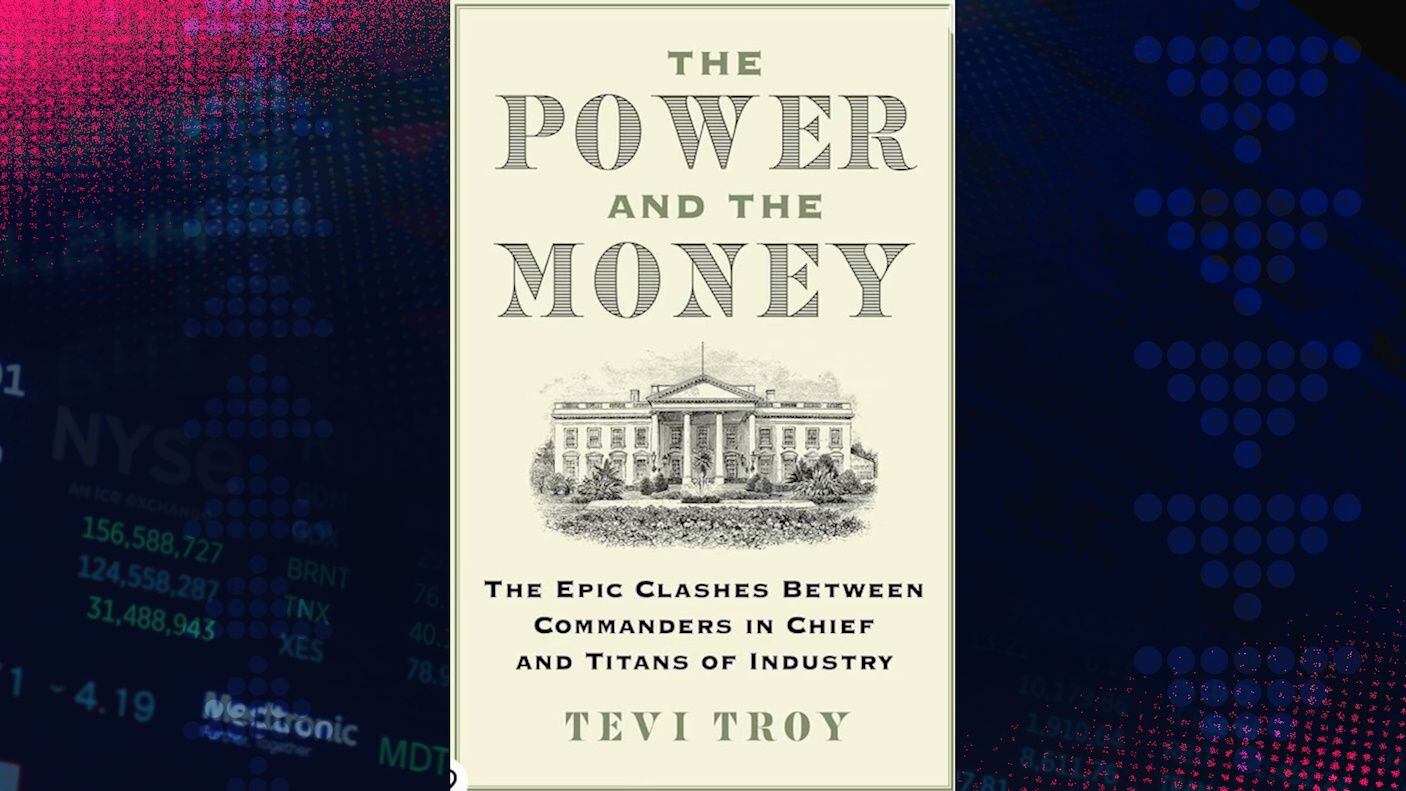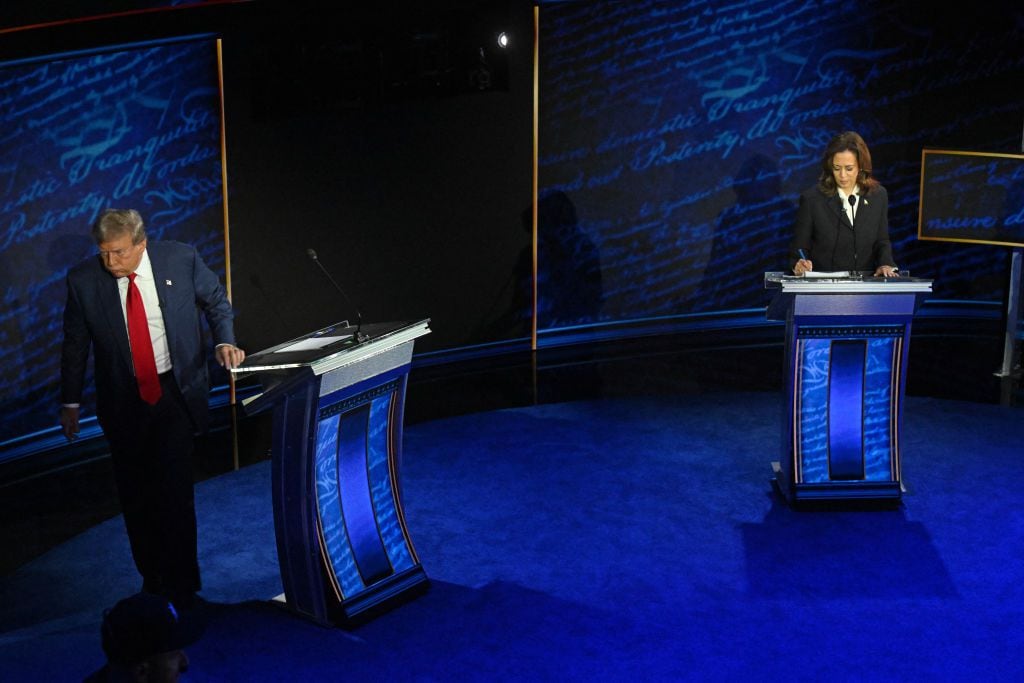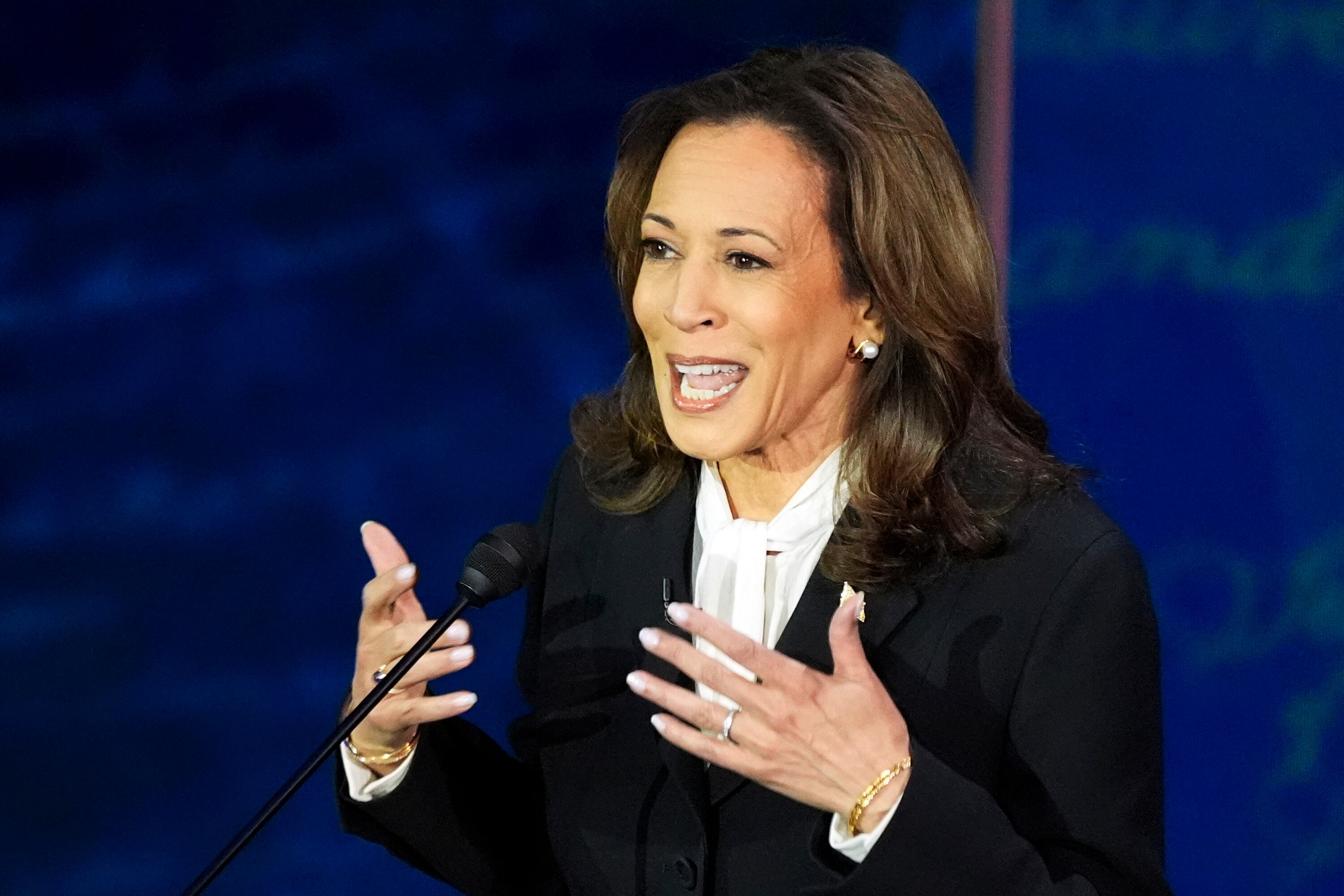*By Carlo Versano* Millennials now comprise the largest voting bloc in the country, and the [majority](http://www.pewsocialtrends.org/2019/01/17/generation-z-looks-a-lot-like-millennials-on-key-social-and-political-issues/) of them do not approve of the sitting president. That poses a problem for the GOP as it seeks to broaden its tent in anticipation of a future when Donald Trump is not on the ballot. Trump's political calculus to appeal to his base ー an older, whiter, more conservative demographic ー is coming at the expense of his popularity among millennials, said Kristen Soltis Anderson, a Republican pollster and author of "The Selfie Vote: Where Millennials Are Leading America." But Republicans' struggles to court younger voters predate Trump, and stem from the party being misaligned with younger generations on many cultural or social issues, Anderson said. For millennials, who may already have been predisposed to favor more socially liberal candidates, the financial crisis became the defining moment that shaped their political ideologies, and many who lived through that event are now more open to the idea of big government and its role as problem-solver and regulator. That is in direct conflict with the long-held message of the GOP: the private sector solves the country's problems and creates wealth. The irony, as Anderson noted, is that Trump could have been a president behind whom millennials could rally. His background as a non-ideological figure who once held some socially liberal views and came to Washington to shake things up may very well have scored him points with millennial voters, she said. "That kind of disruption could have been appealing to young people." Instead, Trump took the opposite tack, making a hard right into divisive tribalism that does not appeal to such a diverse generation. "Millennials like that America has become more diverse," Anderson said. "They're not afraid of social change." To be fair, Trump's political strategy speaks to a larger problem for Republicans and Democrats alike in wooing moderate voters: the two-party primary system is built in such a way that any successful candidate has to play to the party's base in order to secure the nomination. That base is typically older and more set in its ways ー not leaving a lot of room for a message that would resonate with younger generations. Anderson believes the GOP still has an opportunity to build a brand as the savvy, tech-forward party making government more efficient and accountable in an era when the internet has made speed, efficiency, and accountability qualities that voters value. But it is not a message that the Trump administration appears interested in advancing. "That may be a Republican Party of days gone by," she said. For full interview [click here](https://cheddar.com/videos/how-the-gop-could-win-over-millennial-voters-ahead-of-2020).


